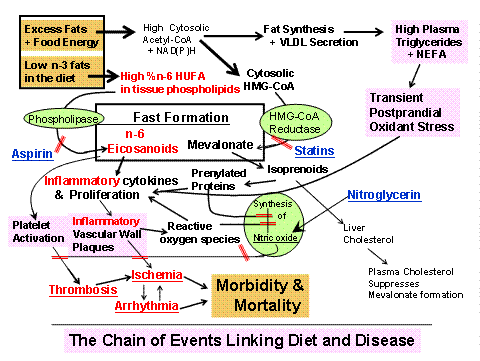But besides the poor nutrition and high volume of calories, there may be other factors about your food keeping you heavy. Food allergies vary in many people and can cause a range of symptoms from hives, to anaphylactic shock to migraines or stomach cramps. Shared between all of these reactions, however is an immune response, which can be mild, moderate or severe, but will always include some form of inflammation in the body. New research has concluded that food sensitivities and low-grade allergies could be a factor of causing obesity and prevention of weight loss through proper methods.
Researchers from Dubai have recently published a research study in the Middle Eastern Journal of Family Medicine showing that identifying and avoiding certain foods that cause sensitivity can aide weight loss efforts in obese individuals. These “hidden” food allergies may be causing reactions such as IBS, migraines and arthritis which can be delayed and chronic. The researchers, led by Dr. Akmal of the Dubai Specialized Medical Centre, based their study on the consequences of inflammation caused by food, which can lead to an increased fat storage and inability to lose weight based on calorie restriction and exercise.

During the 12 study, patients were given the ALCAT test, which identifies cellular reactions to over 300 foods and chemicals that cause an immune inflammation response. Identifying sources of food that caused an immune response allowed the patients to avoid those foods for the remainder of the study. Results showed that study participants lost an average of 37 pounds with an average decrease of 30% body fat. These dramatic results support the researcher’s convictions that inflammations can cause and keep weight gain.
Roger Deutsch, co-author of the book, Your Hidden Food Allergies are Making You Fat, says "Now we know that chronic inflammation, caused primarily by exposure to incompatible foods, is at the root of metabolic problems like diabetes, cardiovascular disease and obesity. The immune system chemicals block insulin receptors; so, guess what happens to the sugars we eat? - they get stored as fat. Cut the inflammation, cut the fat storage."Other studies have corroborated these results. Research from Baylor Medical College saw that 98% of subjects displayed significant improved body composition and weight following an ALCAT test and a diet eliminating immune reactive food. These results were seen in just four weeks. Weight loss was seen to be faster and more efficient than in a control group utilizing only calorie restriction.
Each individual has a unique metabolism and gastrointestinal and immune systems that may be reactive and sensitive to different food stimuli. By using the ALCAT test, specific foods and stimuli are targeted that may be causing unnecessary inflammation and foiling weight loss.
References:
Mohammed Akmal, Saeed Ahmed Khan, Abdul Qayyum Khan. "The Effect of The ALCAT Test Diet Therapy for Food Sensitivity in Patient’s With Obesity." The Middle Eastern Journal of Family Medicine. 7(3) 2009.




Comments